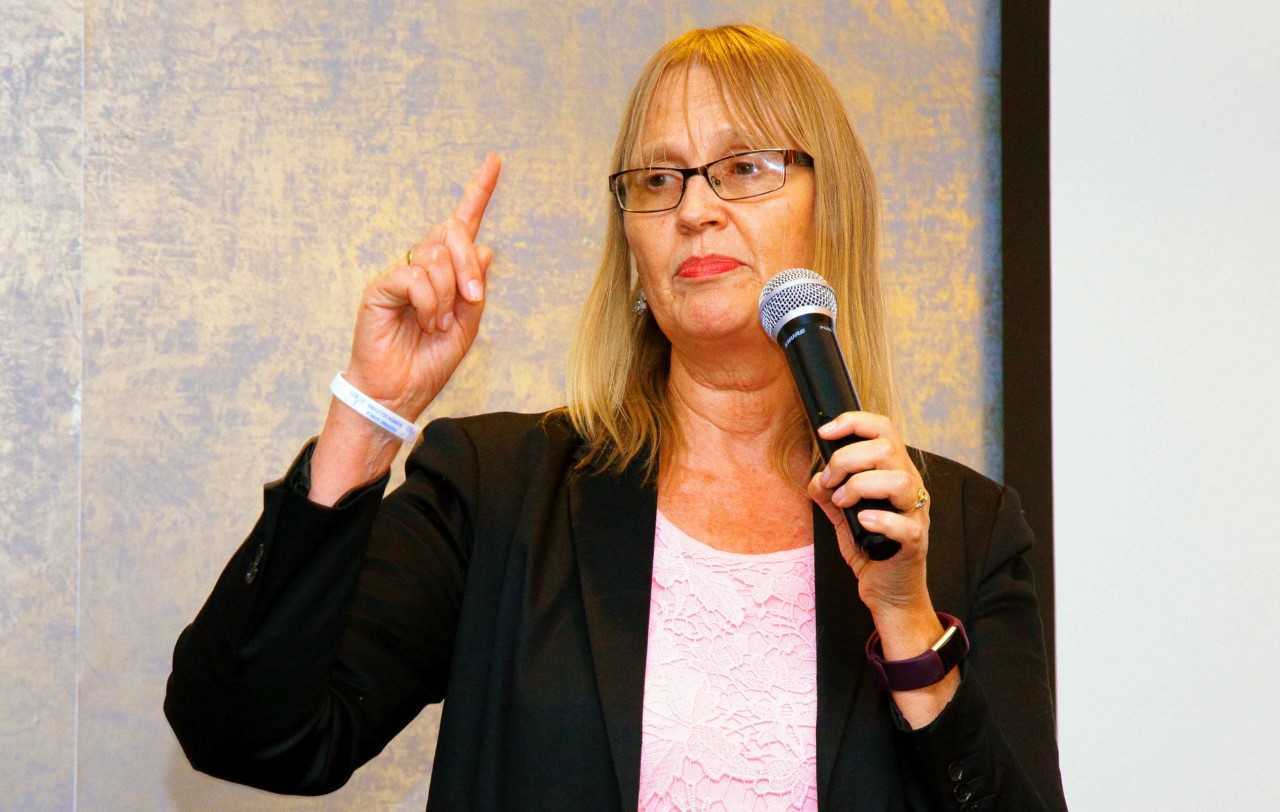advertisement
#CIOBreakfastSeries: FABS, CIO East Africa hold a breakfast series in Tanzania focusing on cybersecurity
CIO East Africa and Footprint Africa Business Solutions (FABS) have today come together to host the CIO East Africa Executive…

CIO East Africa and Footprint Africa Business Solutions (FABS) have today come together to host the CIO East Africa Executive Breakfast Series in Dar-es-Salaam Tanzania.
Themed as Cloud and IT Security, the event attracted top IT Executives from Tanzania who came together to exchange insights and ideas for leading digital change and transformation within their organizations.
In 2015, Tanzanian President Jakaya Kikwete had signed into law the Cyber Crimes Bill. As indicated in its “Objectives and Reasons” section, the legislation made provision for “offences related to computer systems and Information Communication Technologies as well as for investigation, collection, and use of electronic evidence.
advertisement
The Act criminalized and penalized many cyber activities, including: data espionage, punished with at least five years in prison and/or a fine of at least Tanzanian Shilling TZS20 million (about US$9,205) or three times the value of any undue advantage gained, whichever is higher.
The act also criminalized the Publication of child pornography punished with at least seven years in prison and or a fine of at least TZS50 million (about US$23,012) or three times the value of any undue advantage, whichever is higher.
Other offences also included publication of pornography, publication of false information, production or dissemination of racist and xenophobic material, racist and xenophobic motivated insult, publication of materials that incite, deny, minimize or justify acts that constitute genocide or crimes against humanity, initiating the transmission of or retransmission of unsolicited messages, cyber bullying and violation of intellectual property rights.
advertisement
Despite this progress, Karein Bornheim, CEO and Founder Footprint Africa Business Solutions (FABS),indicates that Tanzania has a chance to do better on cybercrime. “While cyber crimes pose a significant threat to the development of electronic transactions, the Tanzanian Laws seem not to recognize criminal activities on the internet.”
She explained: “The illegal intrusion into a computer system cannot be prosecuted with the current legislations which require physical presence. There is no law in Tanzania which protects data or databases in Tanzania. The main concern here could be the right to privacy, data protection and danger of information misuse.”
During her presentation Ms. Bornheim also pointed some of the security challenges posed by not only Tanzania but also most African countries. Some of these challenges included, Skills bothTechnical and Business, exponential growth of mobility, nearest Wi-Fi network – mostly public ,security – an afterthought, “Can’t happen to us” syndrome and socio-political events
advertisement
The Breakfast event comes at a time when Gartner in its latest report, titled “Forecast: Information Security, Worldwide, 2015-2021, 3Q17 Update,” found that security spending for 2018 looks to total $96.3 billion.
According to the report, budgets towards security services will be both the bulk of spending and will see the largest increase, year over year, with an estimated $57.7 billion — up from 2017’s $53.0 billion.
Spending in identity access management, infrastructure protection, network security equipment and consumer security software will also be increased over the next 12 months.
The Gartner report also found that security spending increases should continue over the next few years, with more than 60 percent of enterprises investing in data loss prevention, protection and encryption tools. This will be an increase over the current 35 percent of organizations spending on multiple tools today.